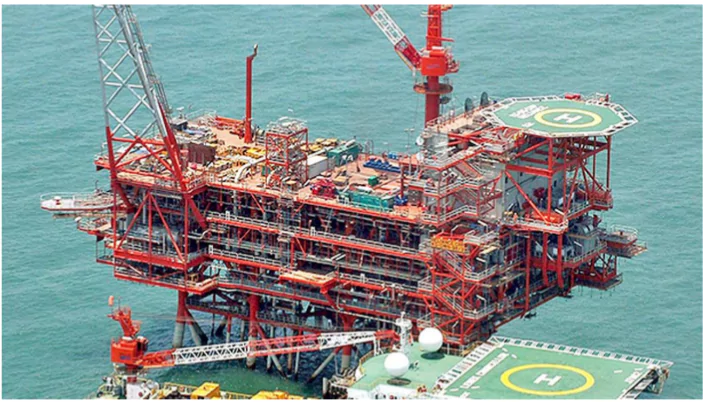![]() 15 Mar 2025
15 Mar 2025

Recently, Lok sabha passed the Oilfields (Regulation and Development) Amendment Bill.

| Aspect | Oilfields (Regulation and Development) Act, 1948 | Oilfields (Regulation and Development) Amendment Bill. |
| Purpose | Regulates the exploration and extraction of natural gas and petroleum | Updating framework to align it with the modern energy needs. |
| Lease terms | This act provides for a mining lease. | Bill replaces the mining lease with a petroleum lease |
| Mineral oils | Limited to petroleum and natural gas. | The bill expanded and comprises (i) any naturally occurring hydrocarbon, (ii) coal bed methane, and (iii) shale gas/oil |
| Decriminalisation | Provision of a fine of Rs 1,000, or both in case of violation of rules. | Provision of penalty of Rs 25 lakh.
Continued violation will cause Rs 10 lakh per day. |
Definition of Mineral Oils
|
|---|
<div class="new-fform">
</div>